“Abu Sayyaf is no al-Qaida”
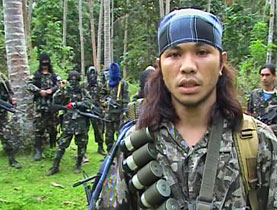
Abu Sayyaf militants holding a Swiss man hostage have kidnapped and killed in the past and are often said to be linked to Islamist extremist movement al-Qaida.
But the militants based on islands in the south of the Philippines are not holy warriors fighting for Islam so much as a rogue group of uneducated opportunist bandits, according to experts.
“It’s in fact a criminal group devoid of any political objective,” said a Swiss analyst who requested anonymity. “The group paints its criminal activities with Islamic varnish but it has no base in the population.”
On January 15 the militants abducted Andreas Notter and two of his colleagues from the Geneva-based International Committee of the Red Cross (ICRC) who were visiting a water project on the island of Jolo, an Abu Sayyaf stronghold.
The rebels demanded that the Philippines army withdraw almost entirely from Jolo or they would kill a hostage.
On Wednesday the Swiss government appealed to the militants to release the hostages, adding it “would not cease in its efforts and would work in close co-operation with the ICRC, the governments of the Philippines and Italy to find a peaceful outcome to this hostage taking”.
“We appeal to your sense of humanity. Please spare the lives of the hostages,” the government said in a statement.
Earlier in the day Philippines interior secretary Ronaldo Puno said government authorities had “highly reliable” information that the three hostages were safe and unharmed but admitted there was no proof they were alive.
“Bad boys”
Sophie Boisseau du Rocher, a researcher at the Asia Centre in Paris, shares the opinion that the Abu Sayyaf is no al-Qaida arm, adding that even Osama bin Laden’s network has trouble working with the group.
“As I learnt on my last trips to the Philippines, the al-Qaida cells that do have contact with the different Muslim movements in the south of the Philippines have a lot of difficulties with Abu Sayyaf because the group listens to no one,” she said.
“Today the group is made up of young men who are barely trained, barely educated and poorly supervised. They are the ‘bad boys’ converted into Islamic terrorists, since the religious struggle is more lucrative than the political one.”
Boisseau du Rocher recently published “Southeast Asia, Caught in the Trap”, a study that looks in part at the situation in the southern Philippines.
She maintains that Abu Sayyaf is a rebel group that refuses to negotiate on the political level. Instead, they prefer to act with weapons and are known for acts of banditry.
“It never had a political programme,” she added.
Resilient
Yet the group has proven to be surprisingly resilient. Since the extremist organisation was created in 1991, successive governments in the Philippines have been unable to do away with it.
“This group’s ability to resist is shocking,” said Boisseau du Rocher, adding however that the army has been able to inflict severe setbacks on the revels over the past few years.
Despite its amorphous ideology, the group is no less violent and doesn’t hesitate to kill. In April 2007 Abu Sayyaf militants decapitated seven Christian hostages. They have also murdered missionaries and bombed a ferry that killed more than 100 people, the worst such attack in the Philippines.
“Their targets are generally Christians in the Philippines or westerners. But Muslims are also taken hostage for extortion, for example,” Boisseau du Rocher said.
Abu Sayyaf acts primarily on Jolo, an island in the southern reaches of the Philippines archipelago, which comprises more than 7,000 islands. It is a poor island with a Muslim majority. The majority of the people in the Philippines, 83 per cent, are Catholic.
Ancient tension
Without an elaborate political agenda, Abu Sayyaf nevertheless demands the creation of an Islamic state and has taken advantage of a struggle between separatists and Manila that started in the 1970s. The tension has ancient roots.
“When the Spanish stepped foot on the Philippines in the 16th century, they fell on Muslims who had arrived on Manila’s doorstep,” Boisseau du Rocher said. “The Spanish pushed them back from there to the island of Mindanao [a main island in the south and just east of Jolo]”.
Consequently, this southern region of the Sulu archipelago has always been very difficult to control, be it by the Spanish colonials and the Americans or by independent Christian authorities.
As a result, the southern islands have been marginalised, some say even ignored by Manila.
“There isn’t any infrastructure, few schools and hospitals,” she said. “Without prospects, the local youth turn to banditry.”
Fertile ground
The region has proven to be fertile ground for the main separatist movements in the south of the Philippines with groups like the Moro National Liberation Front and the more conservative Moro Islamic Liberation Front.
To make itself heard, Abu Sayyaf fighters have carried out dramatic attacks. The Islamic state they want would be created from Muslim Indonesian islands, a part of Malaysia, and the south of the Philippines.
Boisseau du Rocher says the Abu Sayyaf is also capable of seizing political opportunities offered to the group.
“It is not an accident that the hostage taking coincided with [US Secretary of State] Hillary Clinton’s visit to the region,” she said, adding that the US has supported and advised the Philippines army in its fight against the rebels.
swissinfo, based on an article in French by Frédéric Burnand in Geneva
The group of about 400 fighters has sought to create an independent Islamic state in the southern Philippines since it was formed in the early 1990s. By 1991 the militants were launching major attacks, mostly with light arms and explosives.
The United States considers the group a terrorist organisation and has helped Manila with equipment, training and financial support in its fight against the separatists. The group’s name means “bearer of the sword”.
The militants have been involved in a number of bombings and kidnappings. In May 2001 they abducted 20 people from a resort on Palawan island west of Manila. The group beheaded one of the captives, an American. Troops staged a rescue that resulted in an intense gun battle that left two hostages dead. Another, an American missionary, was freed.
On February 27, 2004, a bomb hidden inside a television set exploded on a Superferry killing 116 people aboard. It was the worst terrorist attack in the Philippines.
Other Muslim groups have criticised Abu Sayyaf, whose members are more bandits than holy warriors, some say.
An Egyptian sheik said such violent acts have nothing to do with Islam as a religion. The Libyans have said the group violates Islamic law by holding innocent people captive. The world’s largest Islamic group, the Organisation of the Islamic Conference, has condemned the group’s actions and in the past has offered to help secure the release of hostages.
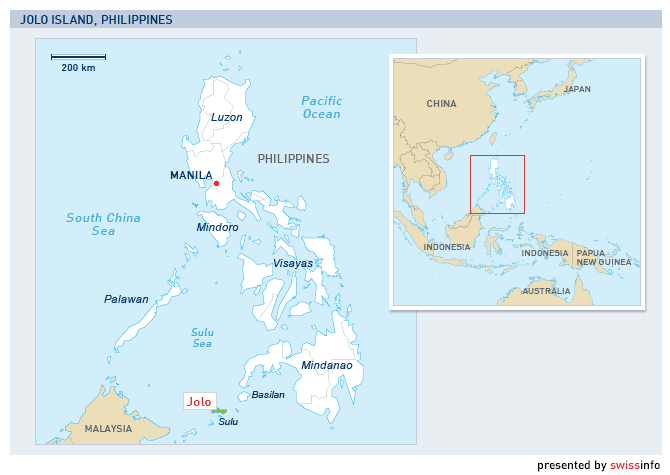

In compliance with the JTI standards
More: SWI swissinfo.ch certified by the Journalism Trust Initiative

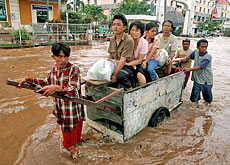
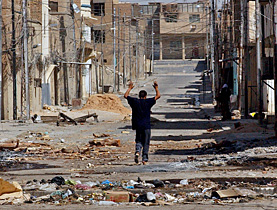
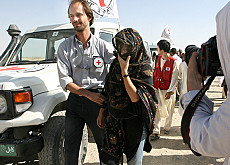
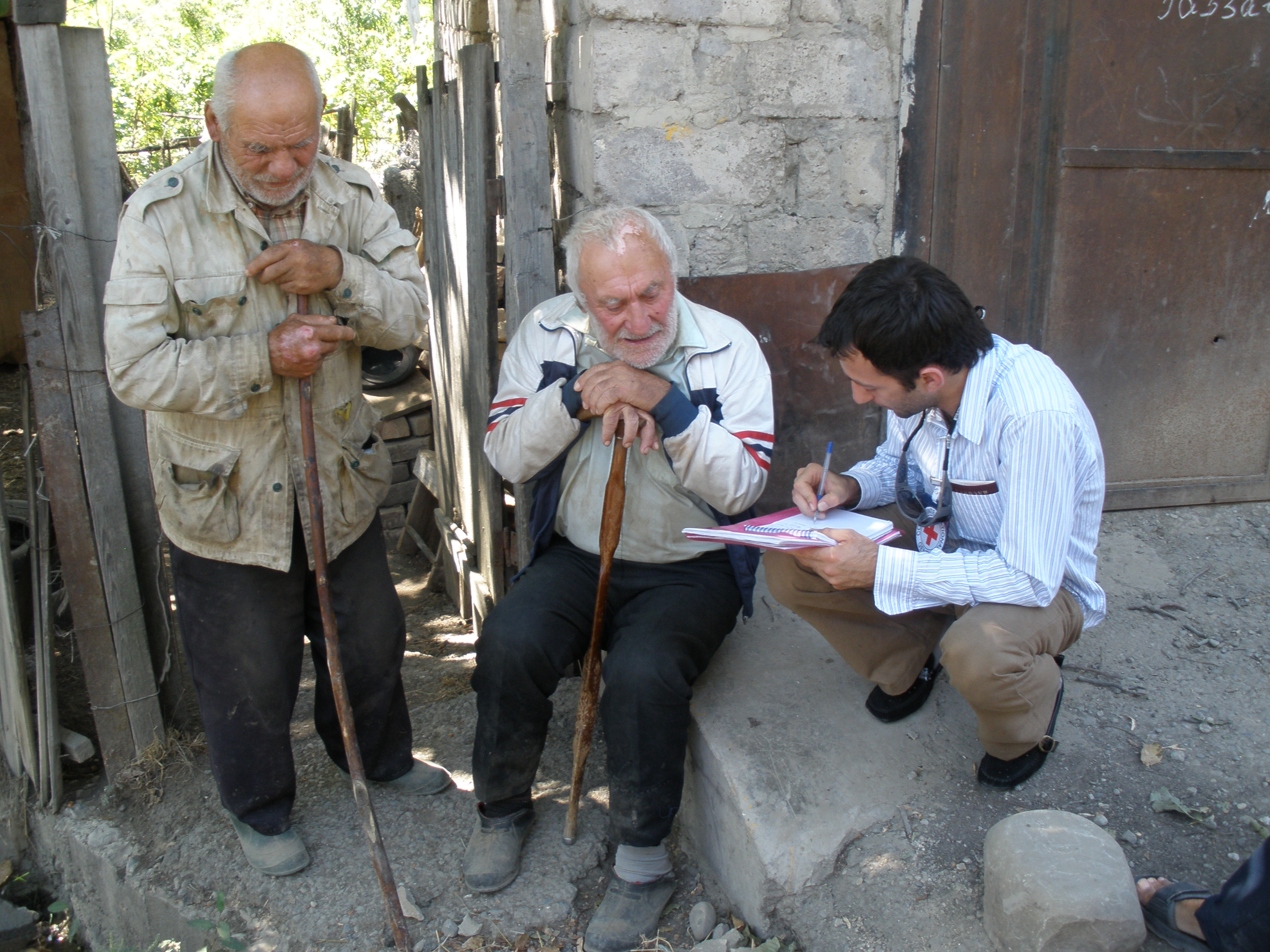
You can find an overview of ongoing debates with our journalists here. Please join us!
If you want to start a conversation about a topic raised in this article or want to report factual errors, email us at english@swissinfo.ch.